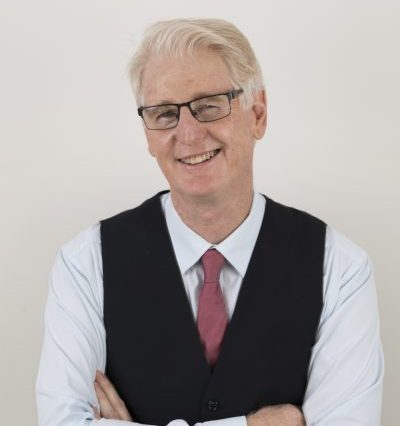I recall in my early days of practicing, I pretty much did every PD course available. Which was not difficult and probably only took three or four weekends per year. My how times have changed, you could fill every weekend now if you set your mind to it.
We are spoiled for choice with a huge range of professional development opportunities advertised every month. So how do we select what is most appropriate for each of us?
Do you go for new topics? Or base your selection on the presenter? Are some topics fashionable (think dry needling or fascial planes)? Each course involves significant outlay in terms of cash, time and energy so it makes sense to select wisely.
Your workmates or employers can offer guidance based on your current role or aspirations, but it is based on their opinion of what you need or what you can bring to the workplace. But is it the right fit for you?
Strategic Learning is a practice of aligning your professional development with a longer term strategy of where you want your career to go. Or at least to give you the tools to respond to career opportunities that may arise.
To be strategic, you must first have a strategy. To have a strategy you must have some overarching idea of where you and your career are going. The old ‘where do you see yourself in five years’ type of exercise. Or ten years. This is a difficult exercise to do on your own without input and challenging from a trusted mentor or panel of advisers.
I like the option of reverse engineering a strategy by starting with the end in mind, asking ‘What would be my ideal job at the time of my retirerement?’ and back track a strategic course from that end point. Like any good strategy it can be modified and adapted as the career landscape changes.
Once you have developed your strategy you can then evaluate PD opportunities based on how they align with your path. Do they add knowledge, skills, networks, contacts or connections to advance your strategy? When you see an event advertised ask yourself these three questions:
- Will this event contribute toward my long term professional pathway?
- Will this event deliver skills to improve my understanding or performance in my current role?
- Will this event enrich me as a person?
The event should get at least one tick, if it gets more than one it is starting to look like a good investment. Three ticks and it is a ‘must do’. If you are not certain from the advertisement you should contact the provider and seek further specific information to make a considered choice.
Still going ahead? Great, now there are two more questions –
- Can I afford to attend?
- Can I afford NOT to attend?
The first one relates to resources (money, time, logistics) and is a totally practical decision. The second is a more important consideration in terms of the cost of not pursuing your strategy. If you have a strategy and the event is well aligned you are retarding your plans if you don’t attend.
As a provider of professional development I have a vested interest in you as a potential client. In my experience the best teaching happens when the learner is truly engaged in the topic, the process and the long term outcomes of the knowledge exchange.
Think carefully when evaluating PD options. Understand your long term strategy not just short term needs. Plan your learning to align with where you want to arrive rather than where you starting from and you won’t go far wrong.
